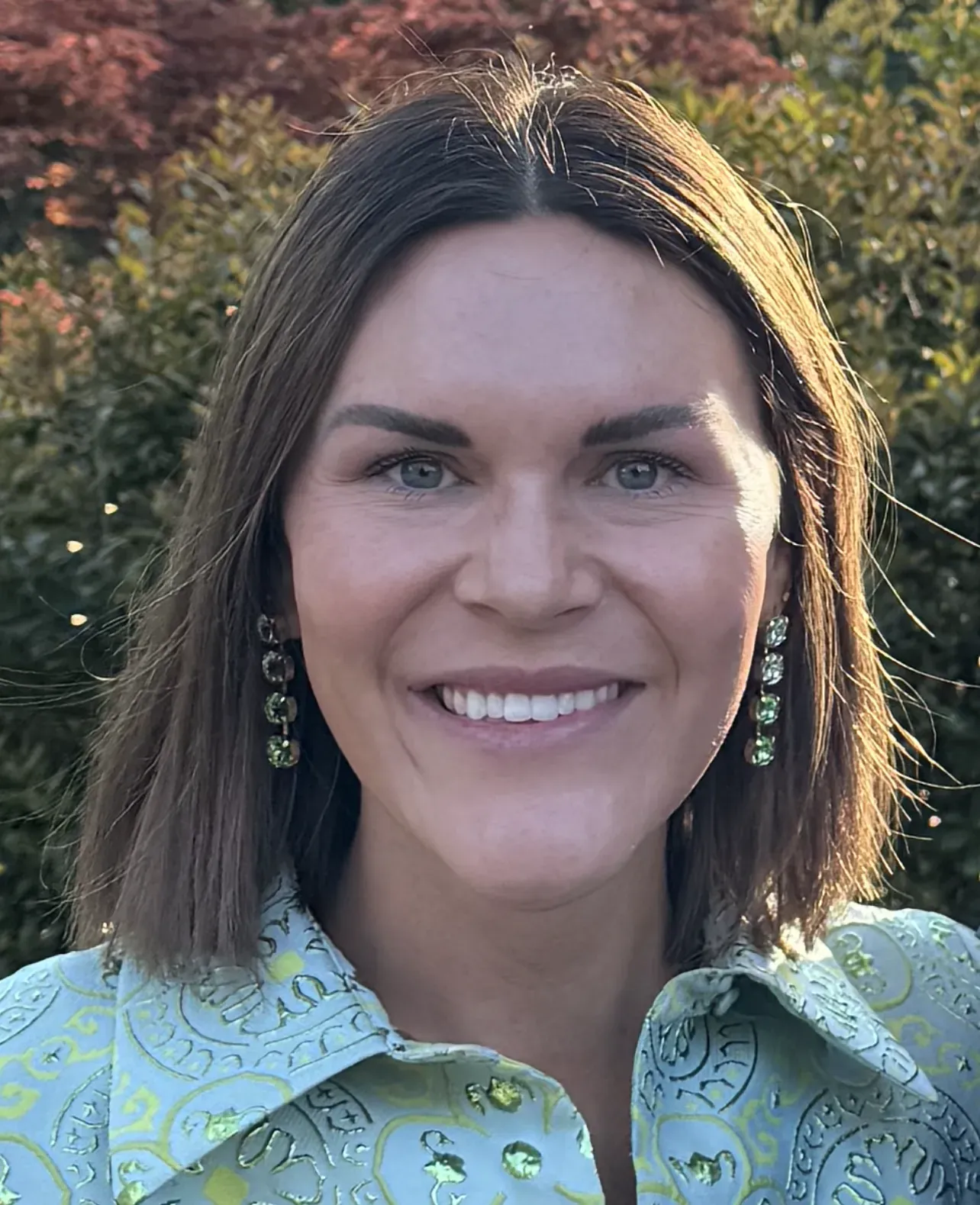
Explore expert strategies to conquer debt and achieve financial freedom. From budgeting to debt consolidation, discover 10 actionable tips for a debt-free life.
Debt has a way of sneaking up on us, especially if we’ve had a hard time managing our money in the past. However, it’s never too late to make our money work for us, get on top of debt, and maintain a debt-free life.
The task can feel overwhelming, but the right partner, such as an advisor from a credit union on your side, can make a big difference and help guide your journey. When you’re ready to get started, here are ten tips on how to say goodbye to your debt.
1. Create a budget
To pay off debt, you’ll need to build a budget first. Budgets are tools that can help you realize your goals and control spending. They show you where your money is going so you can create a personalized spending plan. Building the budget is the easy part. Keeping to your budget takes practice and discipline.
Create your budget using an app on your smartphone, and it will be within easy reach to keep you on track. The use of Excel or other spreadsheet programs is another alternative. Items to include in your budget:
- Rent
- Groceries
- Daily incidentals
- Transportation costs
- Insurance
- Child care
- Pet care
- Utilities
- Debt payments (credit card, car payments)
- Health care costs
- Memberships
- Job-related expenses (wardrobe, dry cleaning, parking, etc.)
- Household maintenance
- Entertainment
- Auto
- Gifts
- Charitable donations
Building a budget is an excellent way to see all your monthly expenses. You will likely find that expenditures can be eliminated or reduced. Sticking to a budget doesn’t have to be painful. Find ways to reward yourself (modestly) when you hit milestones.
2. Pick a debt repayment method
Paying off the smallest debt first, called the snowball method, can give you quick rewards and teach you discipline. With the snowball method, you pay down your smallest debt and make minimum payments on the rest. Once that smallest debt is paid in full, take the dollar amount used for it and roll it into the next debt. Continue until all debt is paid off. The psychological boost you get from seeing your debt disappear may be the motivation you need to continue paying off debt.
An alternative to the snowball method is the avalanche method. With this method, you make minimum payments on all debts, and any leftover funds go to the debt with the highest interest rate. If you want to save money in the long run, the avalanche method is for you—you will end up paying less in interest payments.
Paying off debt, no matter how small, is a victory and feels good. These wins keep you engaged with a sense of accomplishment and continued momentum toward your goal. How you pay off your debt will be unique to you and your circumstances. Use a method that works for you and your budget.
3. Decrease spending
It sounds easy, right? Just stop spending money! How many times have we told ourselves that we’re not going to spend our next paycheck? Knowing your triggers for spending your hard-earned cash can help.
- Stop scrolling. If you find yourself spending money while scrolling through Instagram or other social media, limit usage, remove apps from your phone, or charge your phone away from your bed or nightstand. Remember that social media has a purpose: to get you to buy things so they can make money. If you’re on social media and have the urge to buy, close the app, take a deep breath, and count to 10.
- Build a budget. Here’s the B-word again. If you don’t track where your money is going, you’ll never control it. Building a budget doesn’t have to be painful. With award-winning apps available, it’s almost painless.
- Delete credit card information. Delete all pre-populated credit card information from the online places where you shop the most. Remove apps from the sites you spend the most on, such as eBay, Etsy, or Amazon.
- Clean up your inbox. Unsubscribe to all shopping/eCommerce newsletters. Eliminate tempting offers and headlines right at the start.
4. Change spending habits
When moving to a debt-free life, you’ll need to change your spending habits. So often, we are not paying attention when we're out shopping. We only needed toothpaste and a gallon of milk but left with a shopping cart of clothes and toys. Shopping with a goal in mind is helpful to keep on track. List-making is another way to bring mindfulness into your shopping experience.
Additional ways to change your spending habits include:
- Eating in. If you eat out often, cut back to twice a week or less. Try to find ways to make dining at home fun.
- 48-hour rule. If you see something that you want to buy, wait 48 hours. Waiting allows you time to think if you really need the item.
- Grocery shopping. Start menu planning for the week and make a detailed shopping list. If possible, don’t shop with the kids. Online grocery shopping is an excellent way to keep you out of the store and your cupboards stocked. Another tip - avoid grocery shopping when you’re hungry!
- Retail therapy. Don’t use shopping as a way to unwind. Find other ways to treat yourself that won’t set you back a few hundred dollars.
5. Consolidate debt
If your debt continues to be unmanageable no matter what you do, debt consolidation is a good option. Debt consolidation combines all your credit card and unsecured debt into one payment—no more worrying about multiple due dates from different creditors. All qualifying debts are put into one manageable monthly payment with a debt consolidation plan. Consumers can consolidate unsecured personal loans, medical bills, and credit card debt. Obtaining a lower interest rate on a debt consolidation loan is essential. There are two types of debt consolidation loans:
- Credit card balance transfer. Good for those with a good or high credit score.
- Fixed-rate debt consolidation loan. Better for those with fair or lower credit scores.
Individual circumstances vary, but you may repay your debt through consolidation in 24-60 months. Credit unions likely offer lower rates on debt consolidation loans and help you pay down higher-interest debt faster.
If you choose debt consolidation, it’s crucial to maintain your budget and monitor your spending habits.
6. Avoid payday loans
Although it may seem like a quick fix, you want to avoid payday loans. Payday loans look great on the surface because they’re considered short-term loans with a low dollar amount, but they have exorbitantly high-interest rates, some as high as 400%. These loans must be paid back by the next payday, or additional fees and interest will accrue. Not surprisingly, due to the predatory lending practices of many payday lenders, they are illegal in some states.
Tip: Credit unions offer better options for consumers to consolidate debt. Learn more about personal loans, and find a credit union near you to consolidate your debt today!
7. Increase income
Side hustles can be a great way to bring in extra cash. From teaching English online, selling on Etsy or eBay, to renting out a room in your home. Here is just a sample of the hundreds of ways to earn extra income:
- Sell refurbished furniture
- Rent out a parking space
- Teach music lessons
- Write an eBook
- Mow lawns or pick up pet waste
- Baby or pet sit
- Sew or alter clothes
- Write resumes
- Teach your hobby (yoga, sewing, knitting, golf, etc.)
- Donate plasma
Become a product tester
Many side jobs can be done at home, online, or in your neighborhood – there’s bound to be one that fits your personality, schedule, and situation.
8. Improve your financial literacy
If you don’t understand how interest works or what inflation is, don't sweat it! The good news is that it’s never too late to learn about your finances. Financial literacy means you’ll know what it takes to avoid debt in the future and stay on track to a debt-free life. Credit unions are well known for delivering high-quality financial education to members. Education can include in-person workshops, online programs, presentations, and seminars. A sampling of topics includes:
- Financing higher education
- Homeownership
- Manage debt
- Credit cards
- What is compound interest
- Identity protection
- Stock market and investing
- Medicare options
- Student loan strategies
The topics and subjects are suitable for various ages, from teens to adults. Find a local credit union and learn how to improve your financial literacy.
9. Maintain a debt-free life
Debt relief is stress relief–It’s that simple! But living a debt-free life is not easy. We are inundated with the temptation to spend money almost every second of the day. But, with thought and consideration, you’ve recognized your triggers, created and updated your budget, and completed classes and workshops. You put in the hard work and now are debt-free. Congratulations! Know that your job doesn’t stop here. You’ll need to stay in the habit of questioning purchases and avoiding impulse buying. Maybe keep at your side hustle to build your emergency account. When living a debt-free life, remember it’s a long-term strategy. Here are a few ways to keep your life debt-free:
- Buy a used car over a new
- Pay off credit card transactions immediately
- Build an emergency fund
- Start an automatic savings plan
10. Find a financial partner
Any change we undertake, from losing 10 pounds to paying off debt, takes dedication, discipline, and commitment. Remember, you're winning with every step you take toward your goal. Sometimes, we fall short and overspend—and that’s okay. It happens; we’re human, after all. If you slip up, be kind to yourself and get back on track.
It helps to have a partner who can guide you through the ups and downs of becoming debt-free. Credit unions partner with you and can provide a personal guide to help you achieve your financial goals. Find one in your area and get started on a debt-free life.
Did you know?
Credit unions can be a valuable resource for anyone looking to pay off their debts. By taking advantage of their services and programs, you can save money on interest, develop a plan to pay off your debts and build up your savings.
